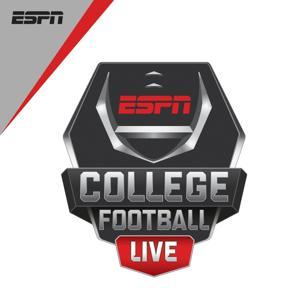Tron Foster, 23, had been suffering from cancer for many years and wasn't doing well in recent weeks.
He wanted to do something he'd never done before: Attend a Clemson-South Carolina game and watch his beloved Tigers play.
Russ Lloyd, an ardent Gamecock fan, heard about Tron's story and hosted Tron and his family at his tailgate in Columbia before the game.
Tron also got to visit with Dabo Swinney two hours before the game when Swinney walked off the team bus.
Swinney gave him a hug, told him he loved him and handed him a cross.
Lloyd arranged for Tron to have sideline passes to the game, but Tron was having trouble breathing so his family had to take him back to the Upstate before the game began.
After the game Swinney talked about Tron in his press conference.
Back home, Tron watched a replay of Swinney's words and smiled wide.
"Now I'm famous," he said.
Tron passed away later that evening.
In this podcast we speak with Lloyd, and the Kyle family (Kristina, Wayne and son Caleb) to learn more about Tron's story.
Tron was like a sixth son to Kristina and Wayne, and like a brother to Caleb.
Tron was an avid, gifted fisherman who was beloved by everyone he met.
The final day of his life was one of the best days of his life.



























